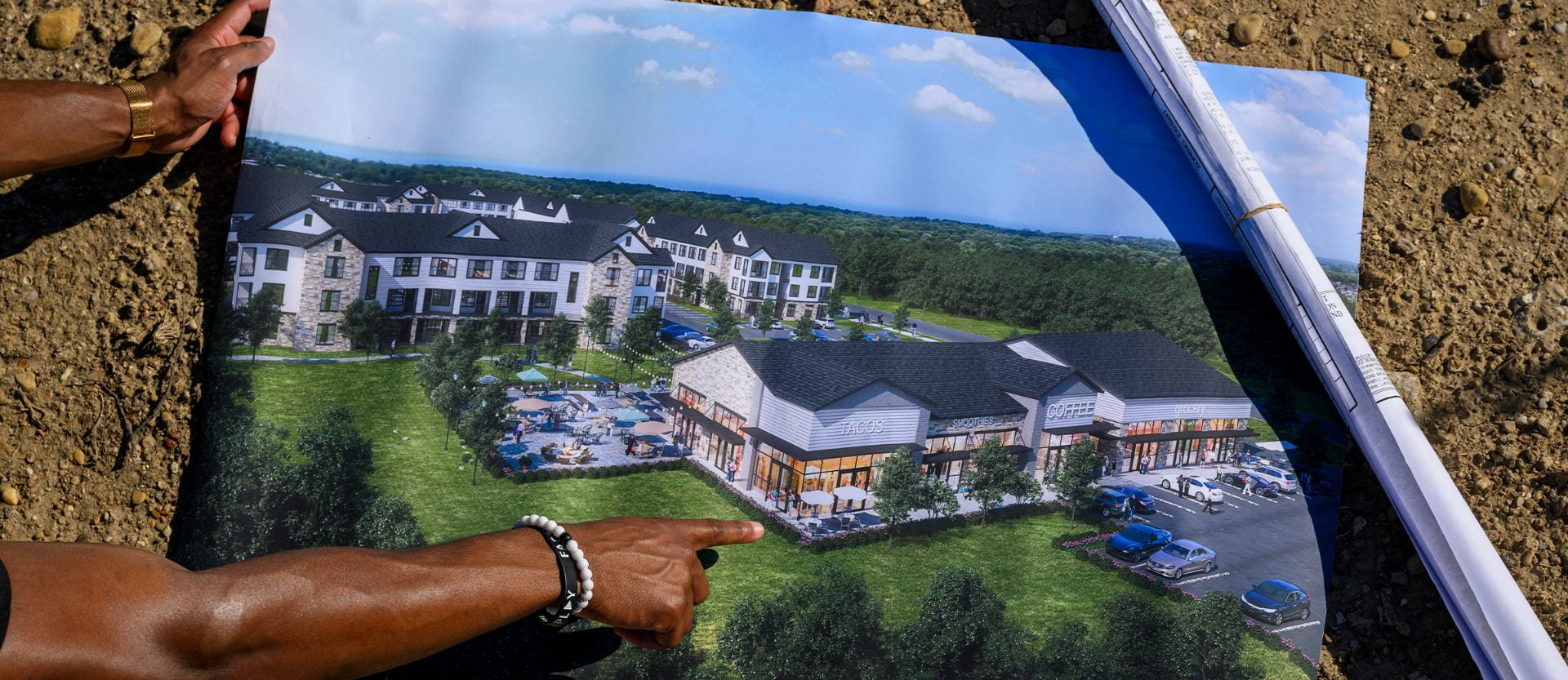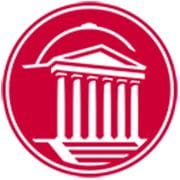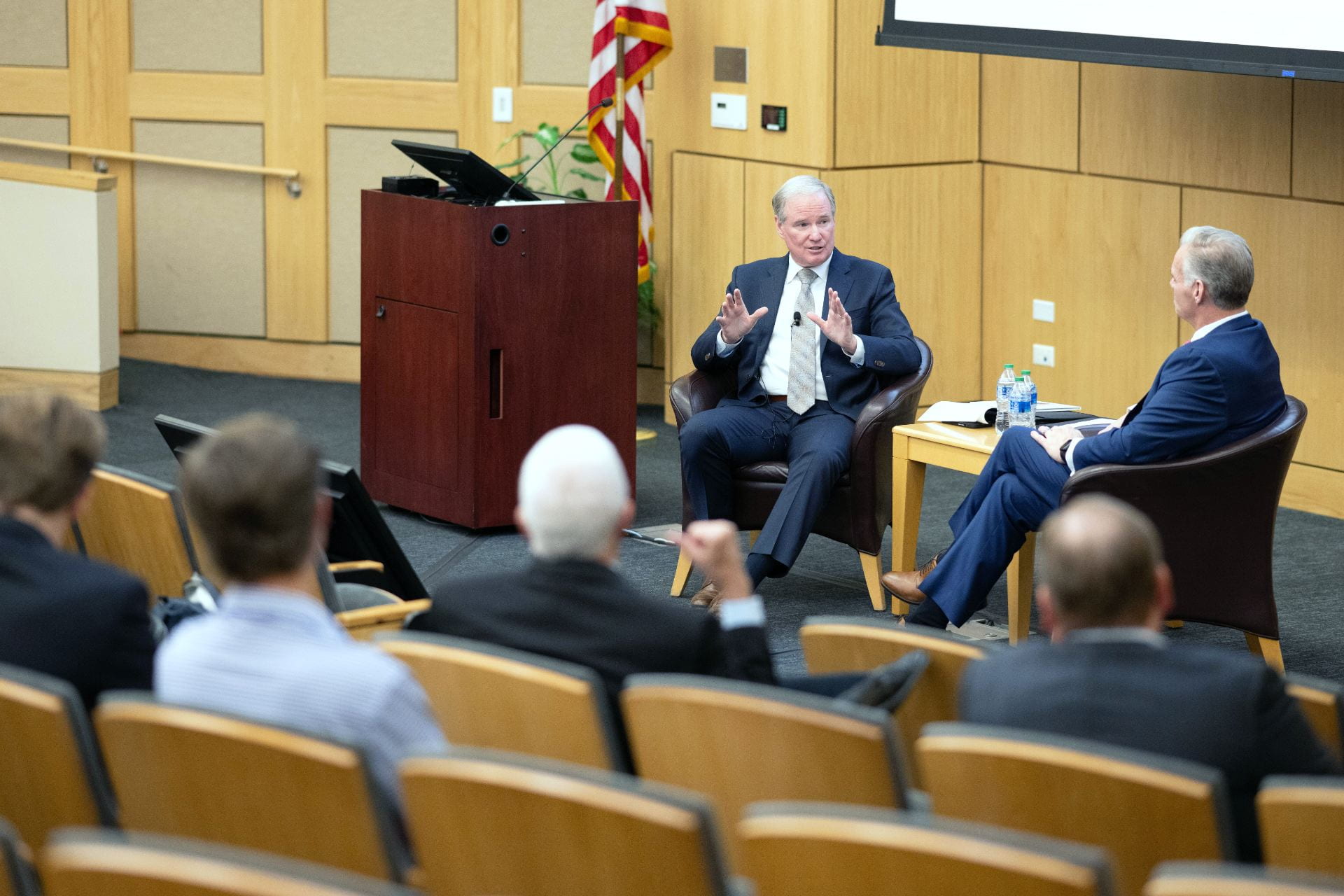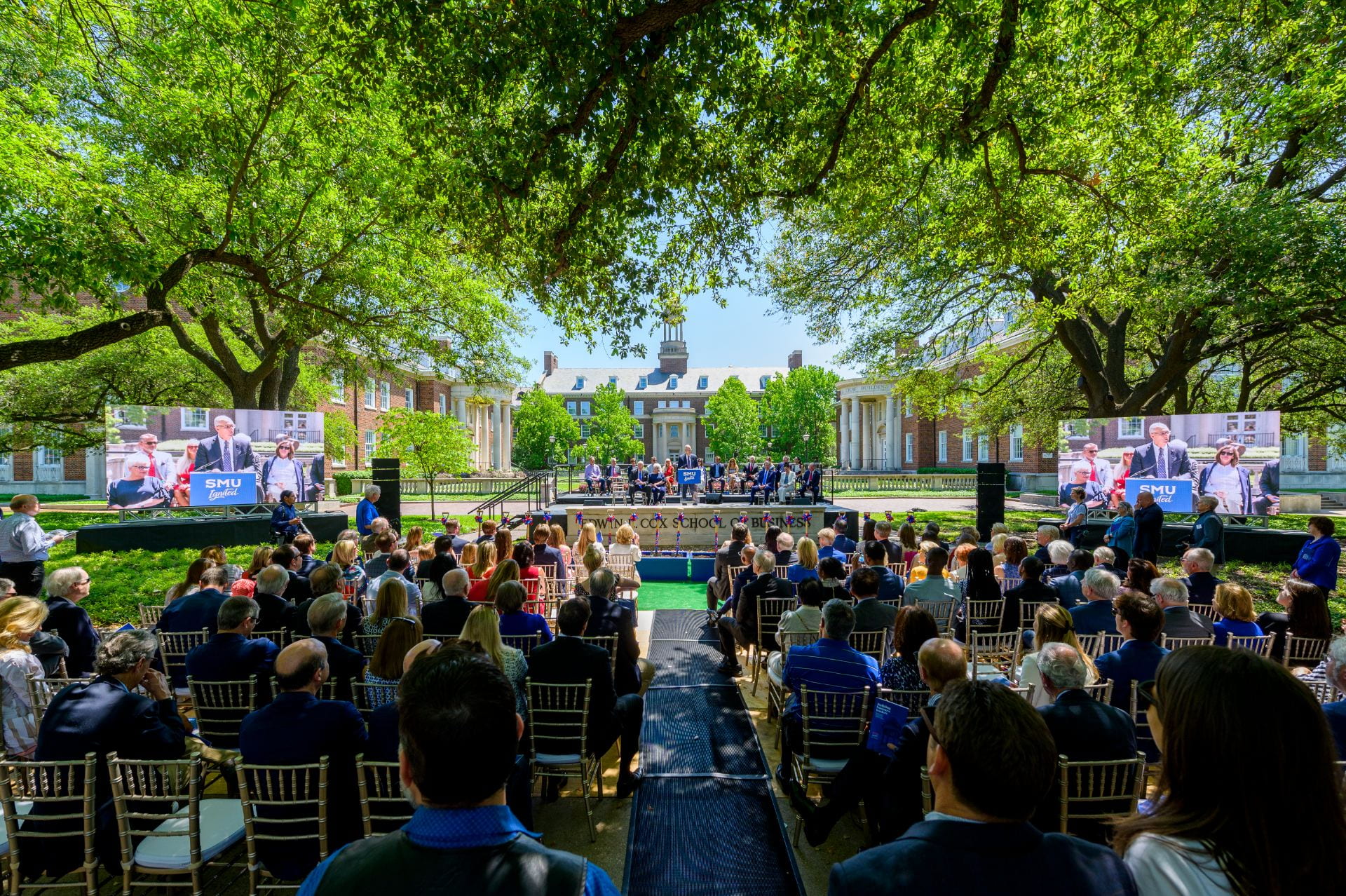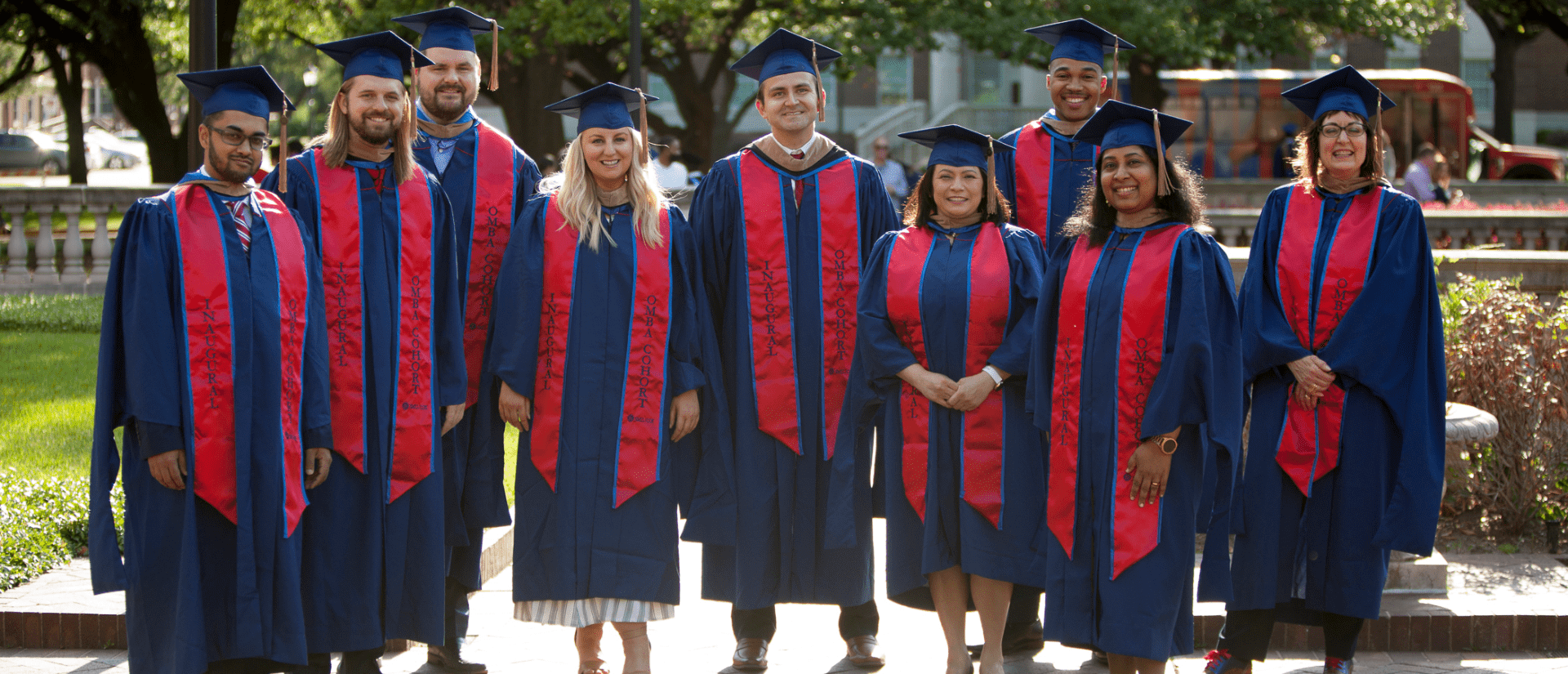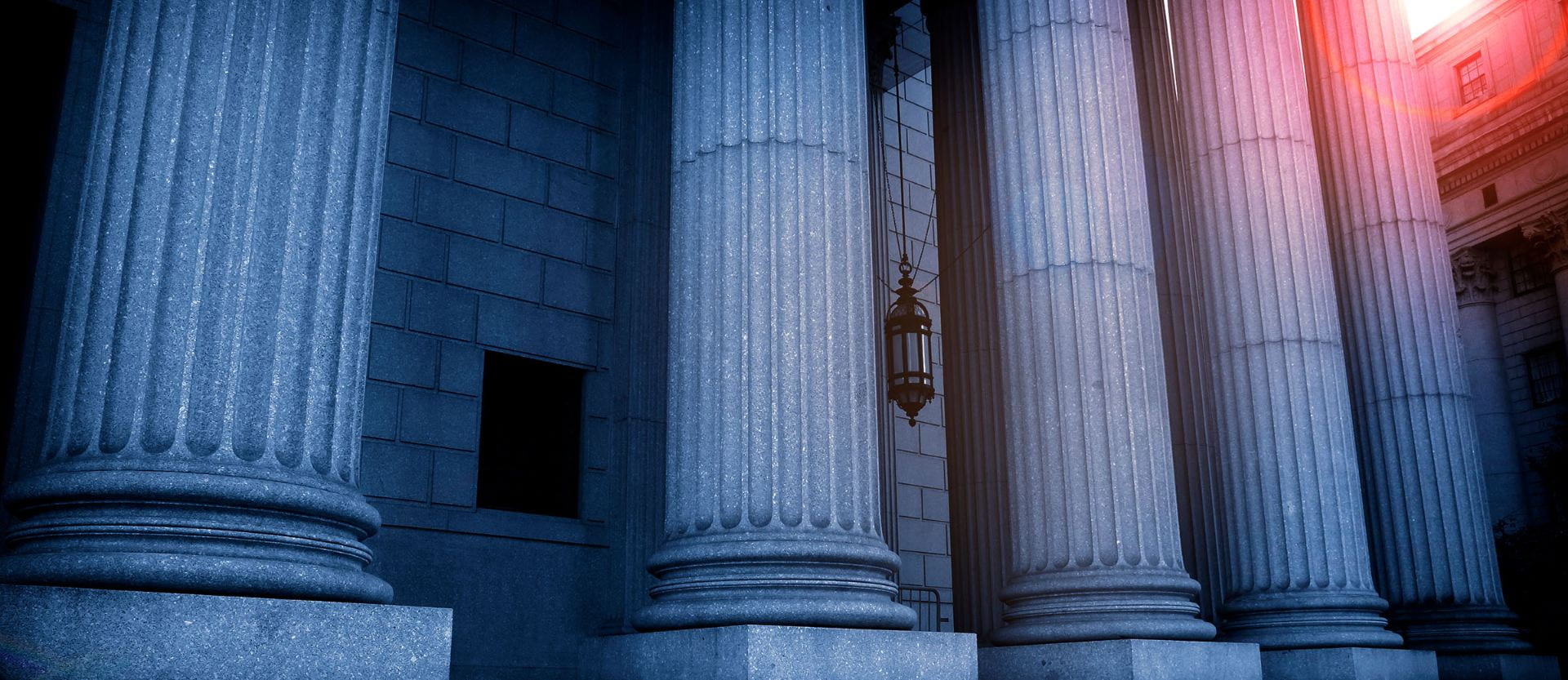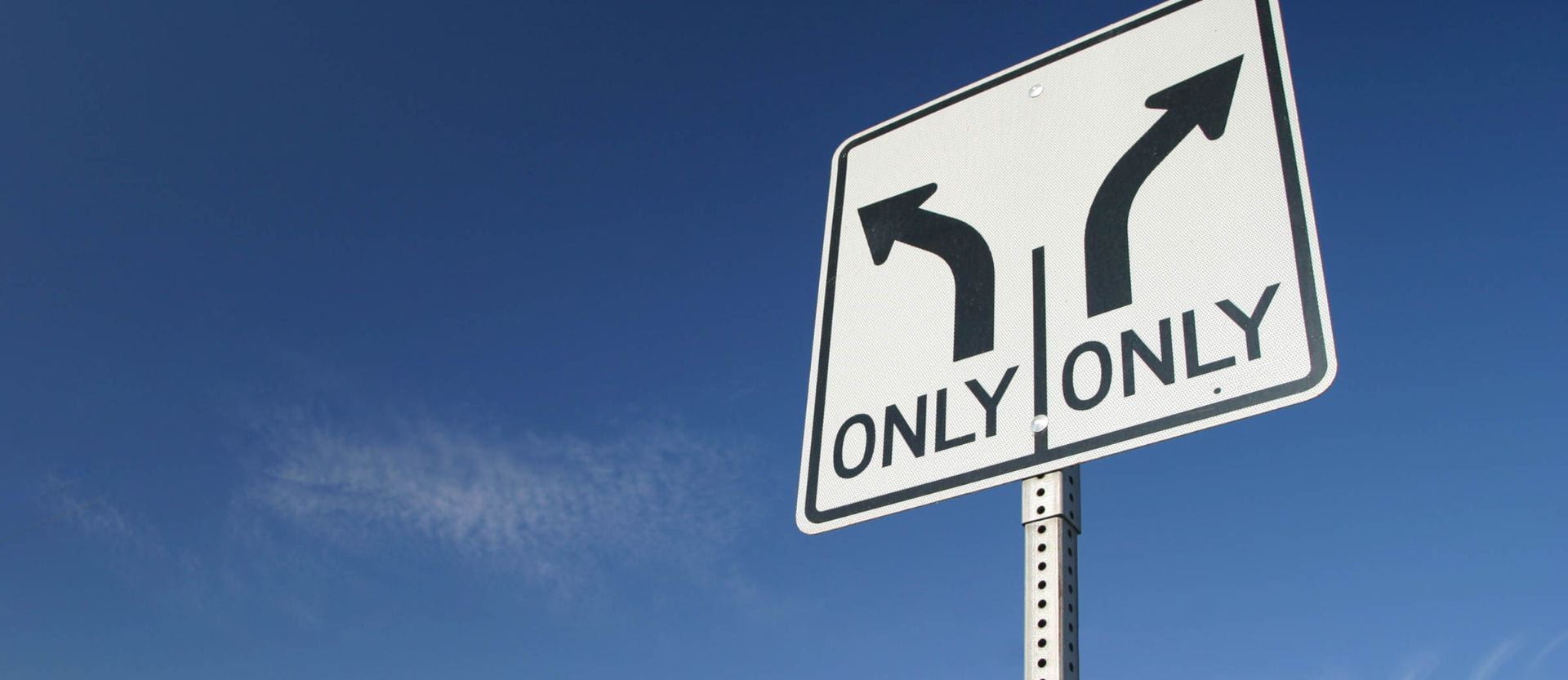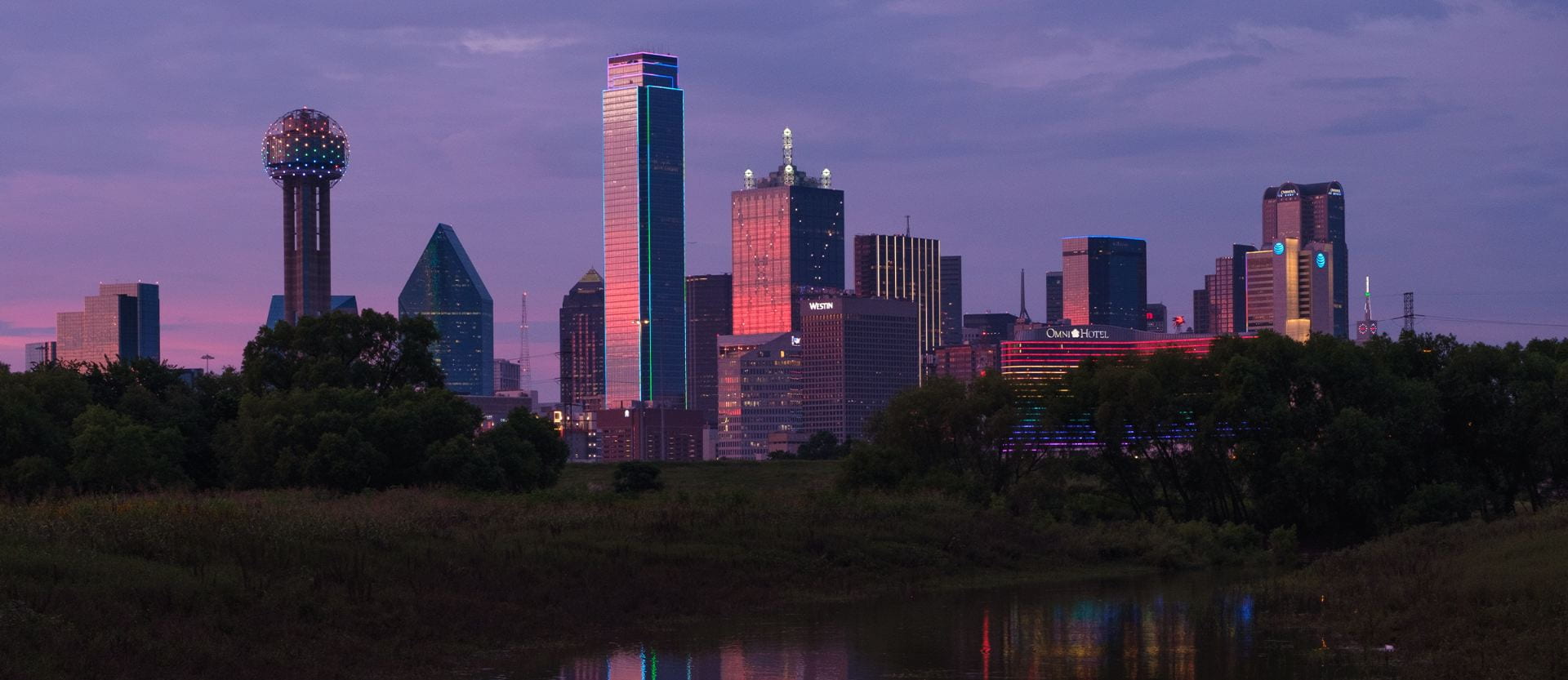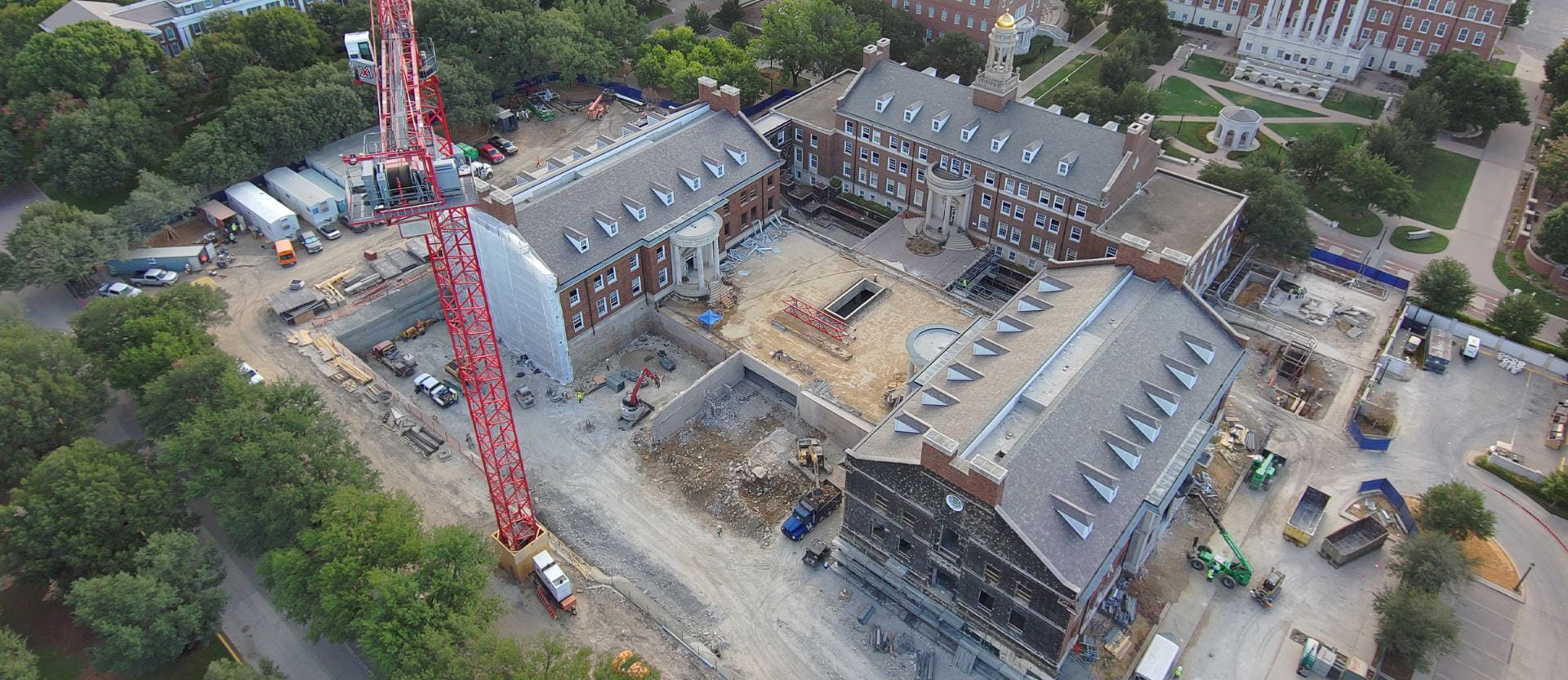Mikial Onu, BBA ’19, played football at SMU from 2016 to 2018 and graduated with an SMU Cox BBA degree in finance. When an injury forced him to seek a new path, he opted to use what he’d learned in his Cox finance and other business classes to become a role model off the football field.
Onu’s real estate company Onu Ventures is planning a 252-unit residential project in South Dallas, set to break ground next spring. His goal is to create attainable housing that provides resources the community needs. It’s not his first development and it will be far from his last, as he looks ahead to how he can make a greater impact in underserved neighborhoods.
We talked with Onu about his career, his goals for South Dallas and how his mother’s dance studio inspires him to find potential for growth in untapped places.
This interview has been edited for clarity and length.
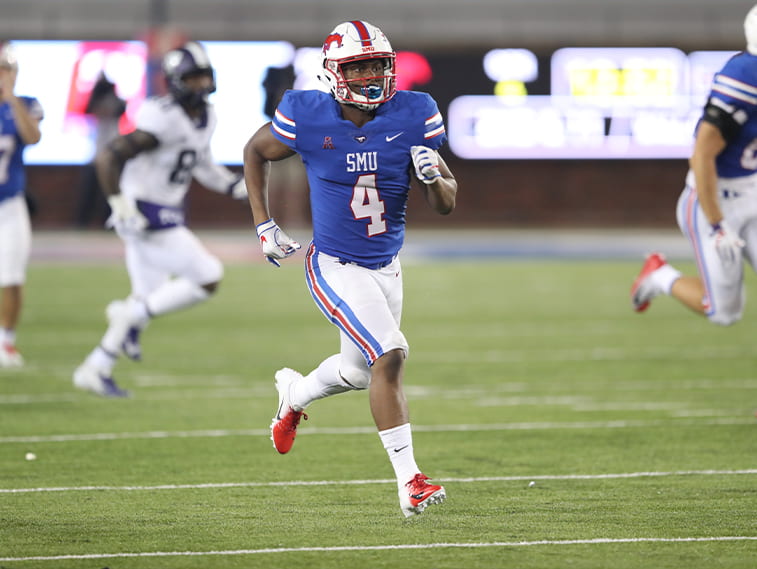
Q. People reading this may remember you as a star SMU football player. Tell us about your move from football to real estate.
A. I played football from the time I was a kid, a football player through and through. I’ve always wanted to make an impact, and football was going to be a vessel for me to do that. But senior year, during the last practice of my college career, I broke my leg — a noncontact broken tibia. That was right before the draft, so I couldn’t meet with teams. While I was rehabbing, I decided it was time to pivot. At SMU, I’d seen lots of ways that students, parents and professors give back to their communities. That opened my eyes a bit. Plus, while working toward my BBA degree, I learned about business and real estate finance.
Q. What drew you to South Dallas and to this project in particular?
A. South Dallas is an industrial area 10 minutes from the central business district. It reminds me a bit of where I grew up — I’m from south Houston, and my mother ran a dance studio in Missouri City. Building in an underserved market like South Dallas means that what I do makes more of a difference than it would anywhere else in the city.
First thing on a new project, we go into the community, walk around and talk to people about what they’re missing. We call it “boots on the ground.” People in South Dallas are living in a food desert — they are missing quality restaurants and grocery stores. All anyone talked about was having to drive 20-plus minutes to the store.
So, this development offers townhome-style apartments with 10,000 square feet of retail. Almost half of it is a dedicated grocery store-restaurant hybrid — a “grocerant.” There’s an acre of green space and a walking and biking trail tying everything together. Picture kids throwing a Frisbee or a football on the lawn and parents nearby digging into some food.
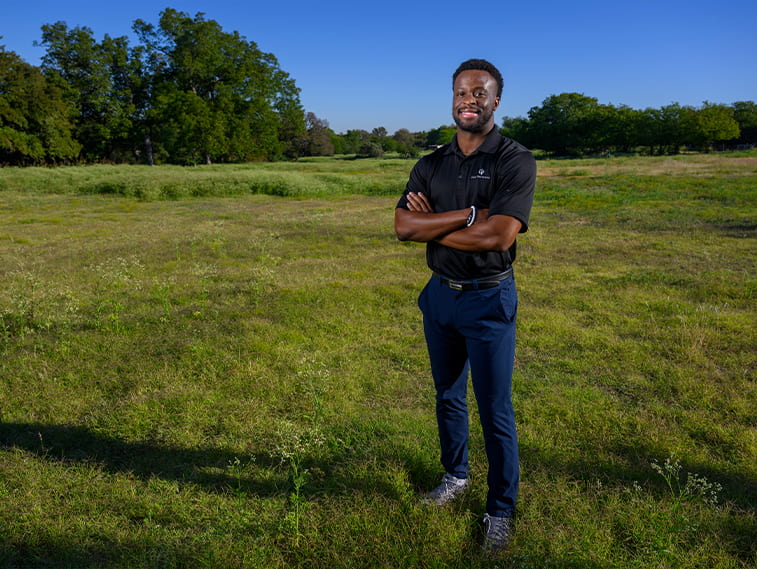
Q. Is there an interaction from your ‘boots on the ground’ experience that stands out?
A. Last year, a young kid — maybe 15 years old — said to me: “What you’re doing is amazing. I love to see people that look like me in positions like yours. It lets me know that it’s 100% possible.” That brought tears to my eyes. There’s a book called “The Talent Code” that talks about what it takes to ignite the next wave of talent in an area. All it takes is somebody knowing that it’s possible and saying, “Here’s what you can do. Here’s what it looks like.” I hope I can be that for people.
“I want to build what communities are missing.”
Q. Any big lessons from watching your mother run a business in Missouri City?
A. Her continuous drive. It’s not enough to do one thing: You have to keep pushing to improve an area. Our development is a great project, but it’s not the saving grace for South Dallas. I hope it’s an ignition, so that others come to South Dallas to do similar projects continually over the years.
Q. Beyond more work in South Dallas, what does your future hold?
A. We have three other projects getting zoning approval and breaking ground soon. And I want to do more — across the Sun Belt and, eventually, across the nation. There are so many areas like South Dallas that no one knows about. And no one will know about those areas until there’s a lot of other activity in the city and people gather around a map, point and ask: “What’s going on right there?” I want to build what those communities are missing. I’m a young guy. I haven’t been in real estate that long. I want to learn to be a better developer, a better servant of the community, a better man of God, a better son, a better brother and a better leader.

